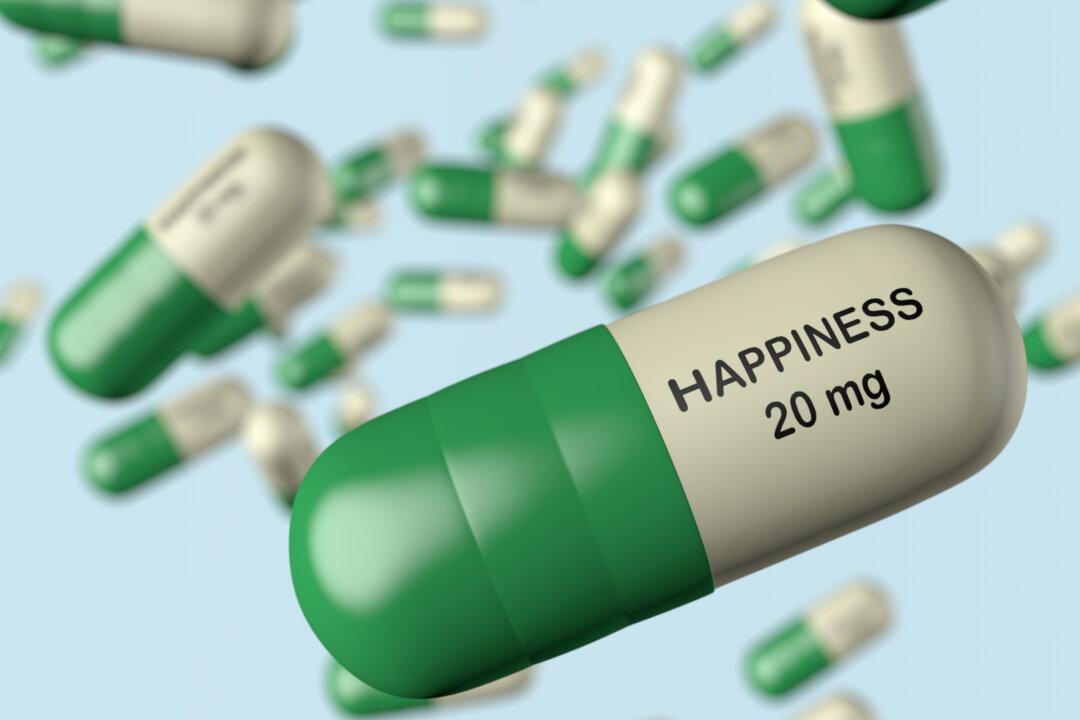Commentary
For the past century, it’s been a mainstay of the science fiction genre: the medicated society—a society in which the majority of the population is given some form of drug to alter their behavior, ostensibly for the better.

For the past century, it’s been a mainstay of the science fiction genre: the medicated society—a society in which the majority of the population is given some form of drug to alter their behavior, ostensibly for the better.